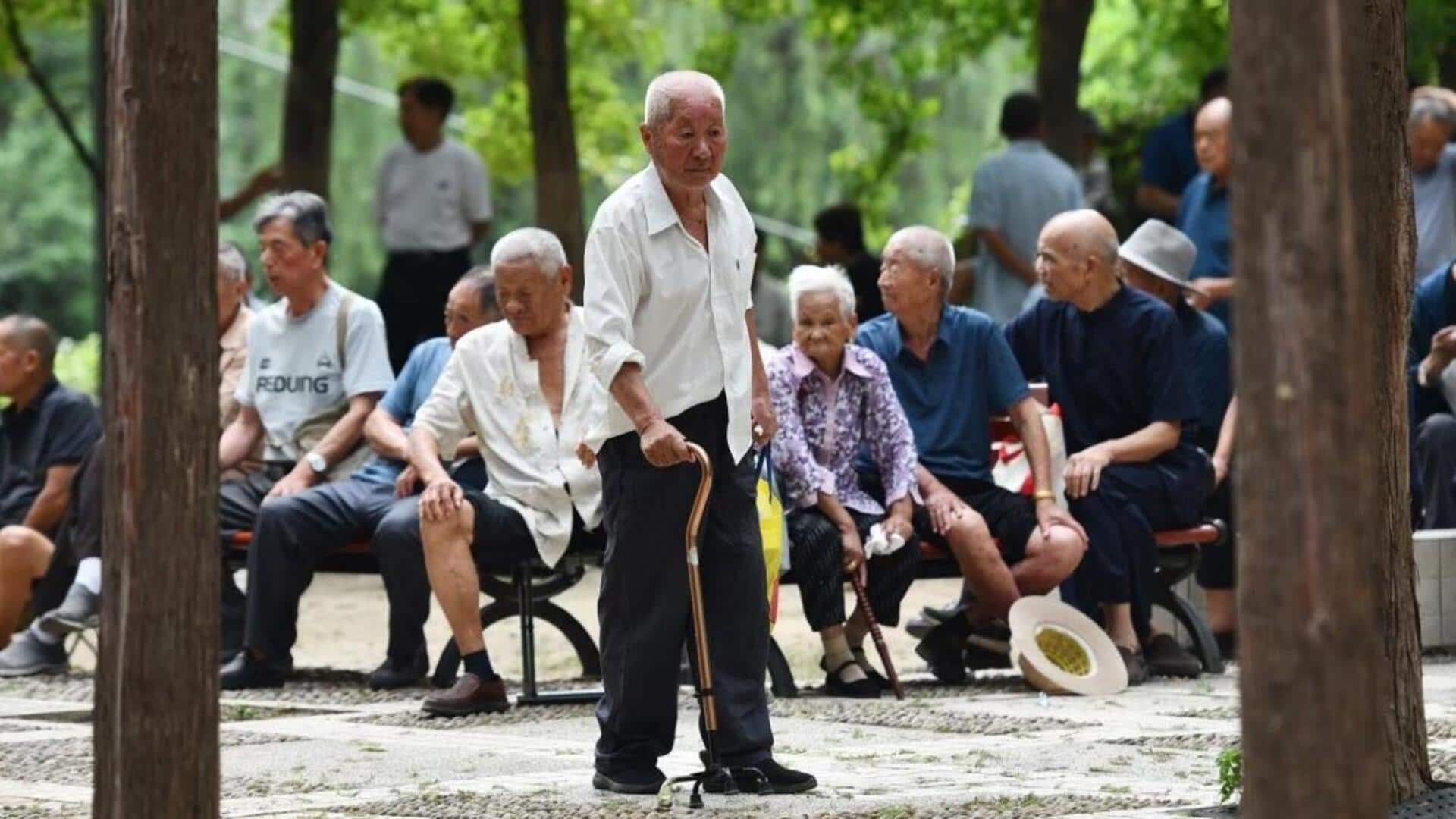
Why China is raising retirement ages for its labor force
What's the story
China's top lawmakers are considering a proposal to increase the retirement age, a move aimed at expanding its dwindling workforce. The Standing Committee of the National People's Congress (NPC) discussed this draft decision by the State Council during their meeting on Tuesday. If approved, it would mark the first such increase in over four decades.
Economic impact
Retirement age increase to boost labor force
The discussion by China's top legislative body comes amid demographic challenges that threaten the growth of the world's second-largest economy. Delaying retirement could slow down the decline of its working-age population and give Beijing more time to address falling birth rates. Yuan Xin, an economics professor from Nankai University, stated that raising the retirement age could "increase the effective supply and utilization of the labor force of the whole society."
Social response
Current retirement age and public reaction
Since the 1970s, China's retirement age has been set at 60 for men and between 50 and 55 for women. This places China at the lower end of the global spectrum. But the announcement of a potential increase in retirement age sparked a flurry of reactions on Chinese social media, with many expressing concerns that it would affect the already high youth unemployment.
Workforce concerns
China's labor market and demographic challenges
Not to forget, Chinese companies are known for their "996" culture, which involves working from 9:00am to 9:00pm six days a week, and for discrimination against hiring women and people older than 35. The growing use of artificial intelligence also poses a threat to workers. However, a larger tax base and delayed access to benefits will reduce the government's burden of funding pensions as the senior population rapidly expands, Bloomberg reported.
Demographic shift
China's population decline and economic implications
Last month, officials pledged to address age discrimination by targeting job ads that contain discriminatory language. China's population has been declining since 2022, with people aged 65 and above expected to reach 30% of the population by 2035 from 14.2% in 2021. The urgency of raising the retirement age has grown as China confronts a decline in births and a shrinking workforce. The government has emphasized that the implementation will be gradual, limiting the overall impact on the job market.